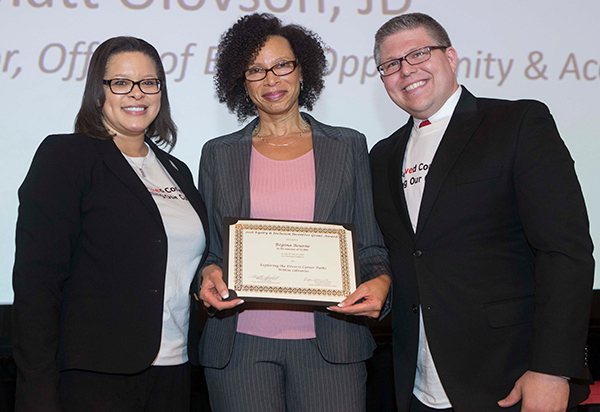The University of Cincinnati College of Pharmacy’s 175th anniversary was featured in the 2025 Cecil B. Striker annual lecture series on October 14th. The lecture series is an annual program of the Henry R. Winkler Center for the History of the Health Professions. Esteemed pharmacy historian, Dennis B. Worthen gave a standing ovation lecture entitled Pharmacy Education In The Queen City: 1850—2025. Pharmacy Education in the Queen City: 1850-2025 – UC Libraries MediaSpace. Worthen traced the origins of pharmacy education in Cincinnati, beginning with Peter Smith’s Indian Doctor Dispensatory (1810), the first medical book published in Ohio, through today’s College of Pharmacy, which boasts PharmD joint degrees, online master’s and interdisciplinary degrees, graduates from the United States and over 23 countries. Worthen’s narrative of the 175th anniversary of the College of Pharmacy is honored with a year-long exhibition in the Stanley Lucas Boardroom, Health Sciences Library.
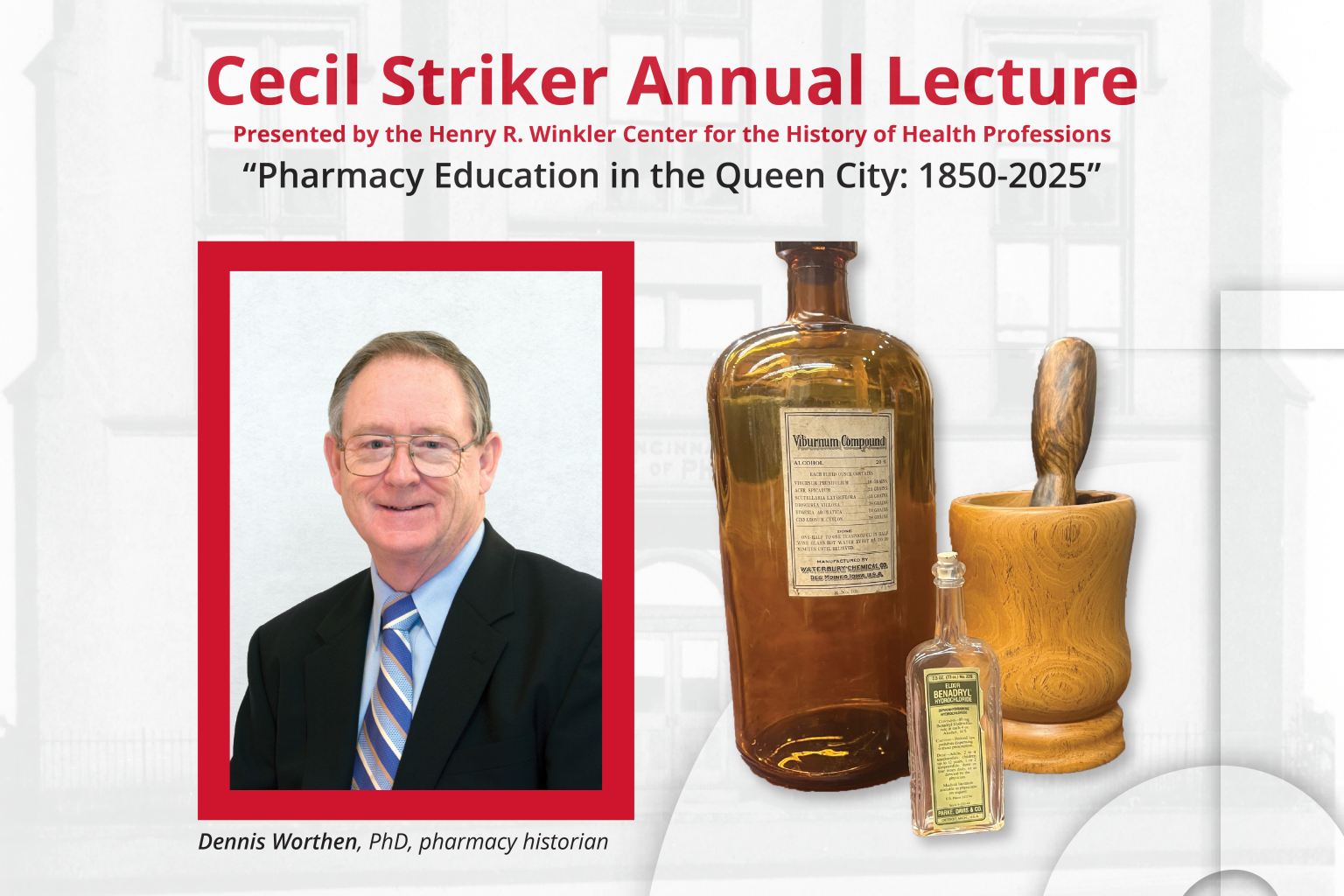
Dennis B. Worthen, Ph.D., served as an adjunct professor at the University of Cincinnati College of Pharmacy where he taught the history of pharmacy courses from 1999-2017. He was also affiliated with the Lloyd Library and Museum in Cincinnati, OH as executive director and then the Lloyd Scholar from 1999 to 2013. He retired from Procter & Gamble Health Care as the director of pharmacy affairs in 1999. Dr. Worthen completed his undergraduate education at the University of Michigan and received his graduate degrees from Case Western Reserve University.
Continue reading
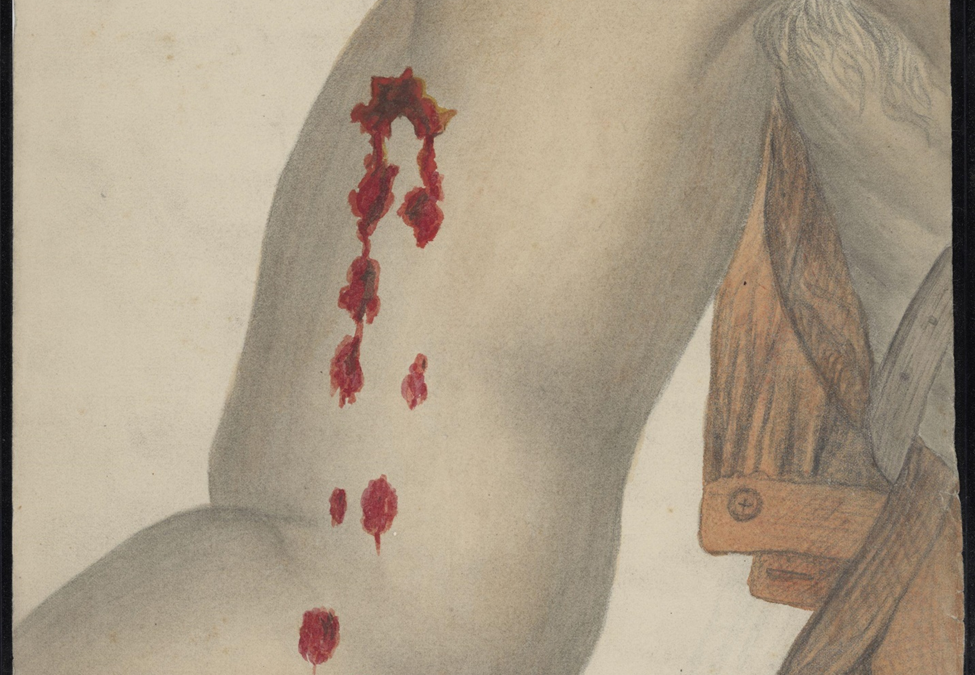




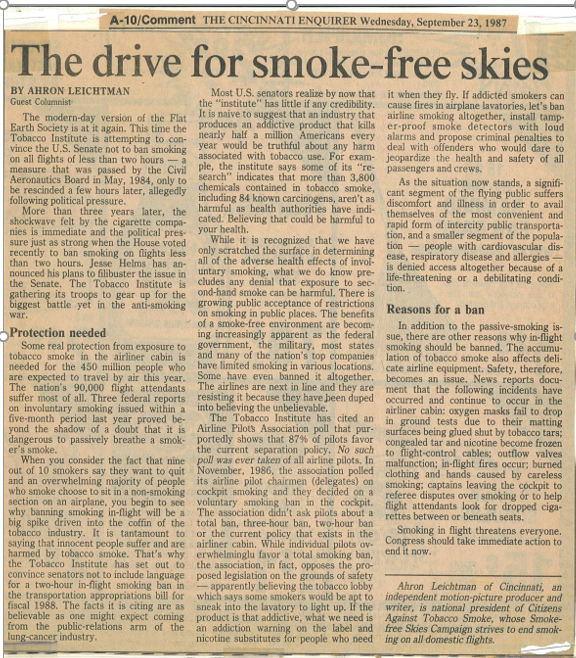
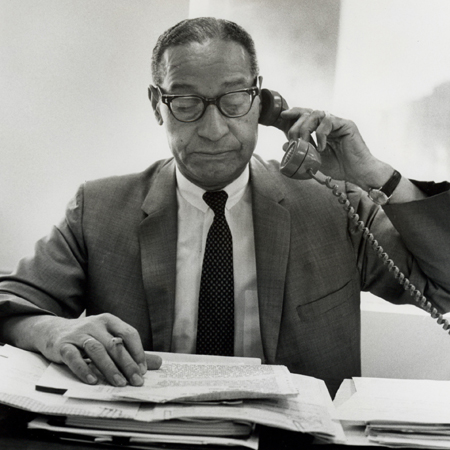
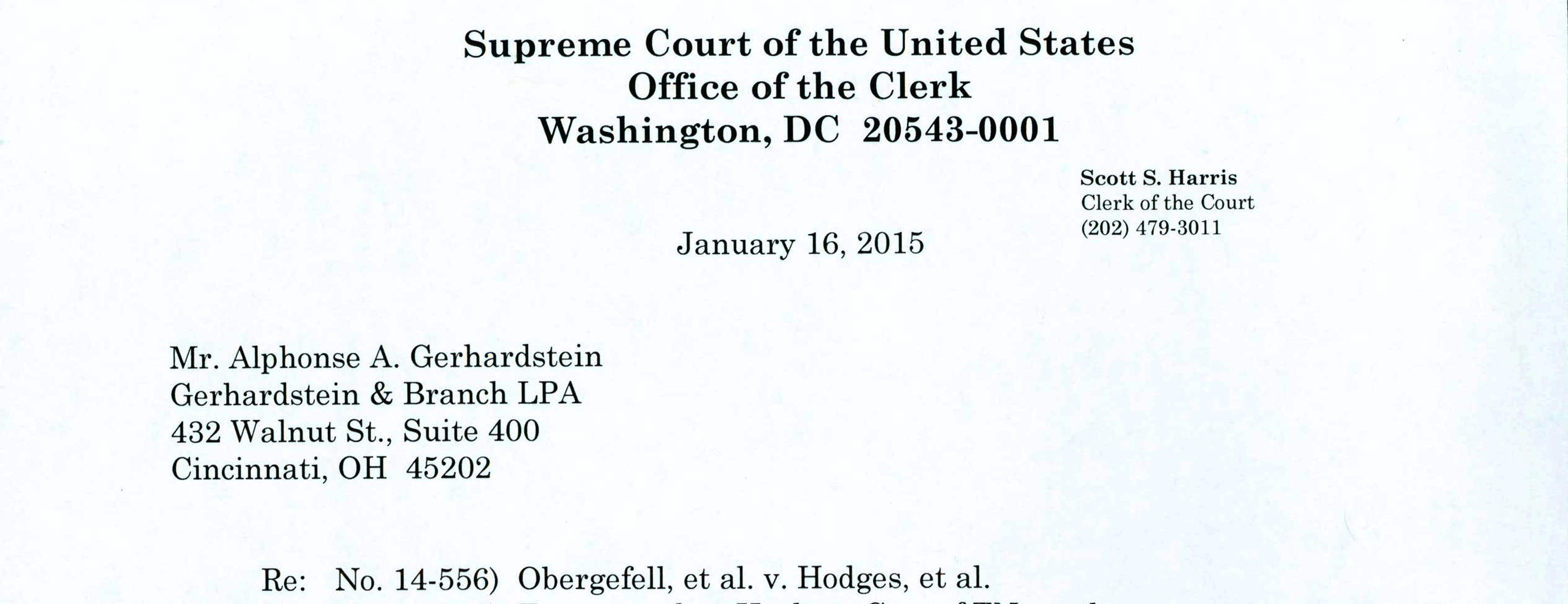
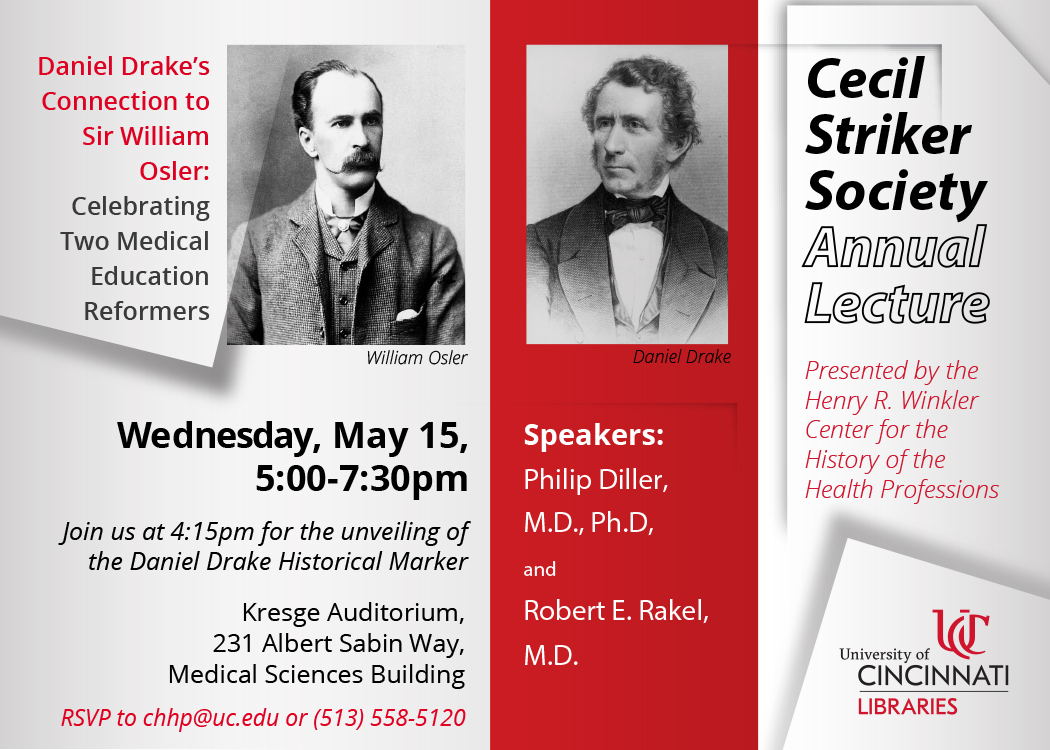
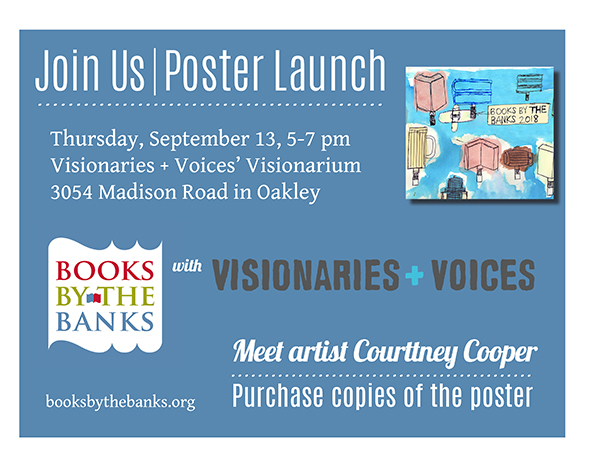 UC Libraries is an organizing partner of Books by the Banks: Cincinnati Regional Book Festival. Join us for the 2018 Poster Launch on Thursday, Sept. 13 from 5-7pm at the Visionaries + Voices’ Visionarium at 3054 Madison Road in Oakley.
UC Libraries is an organizing partner of Books by the Banks: Cincinnati Regional Book Festival. Join us for the 2018 Poster Launch on Thursday, Sept. 13 from 5-7pm at the Visionaries + Voices’ Visionarium at 3054 Madison Road in Oakley.